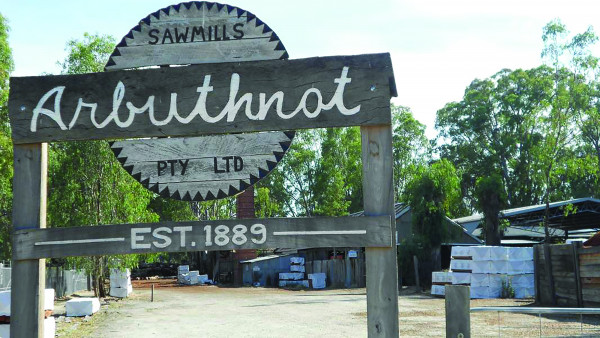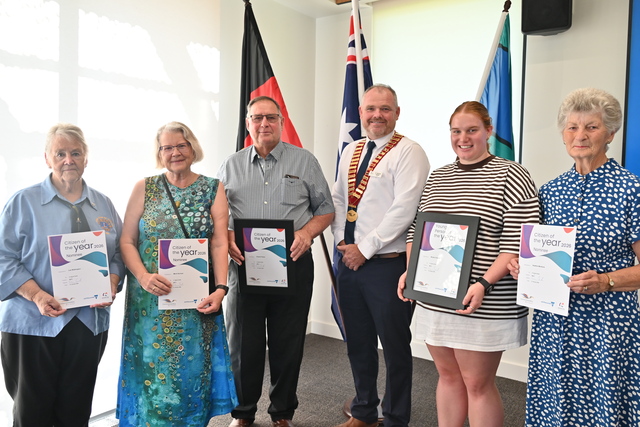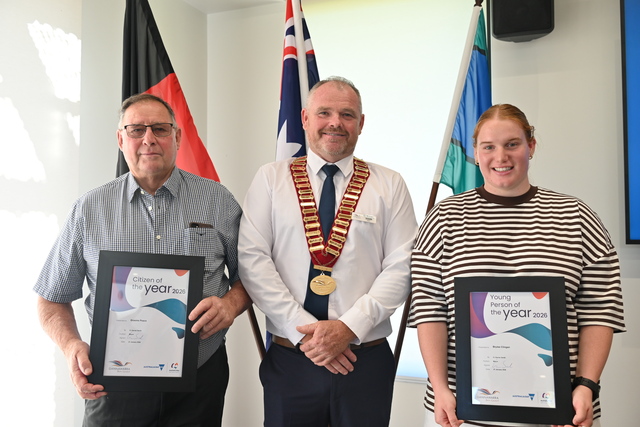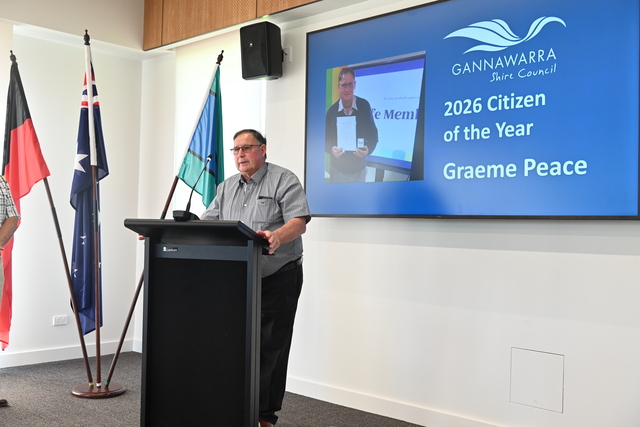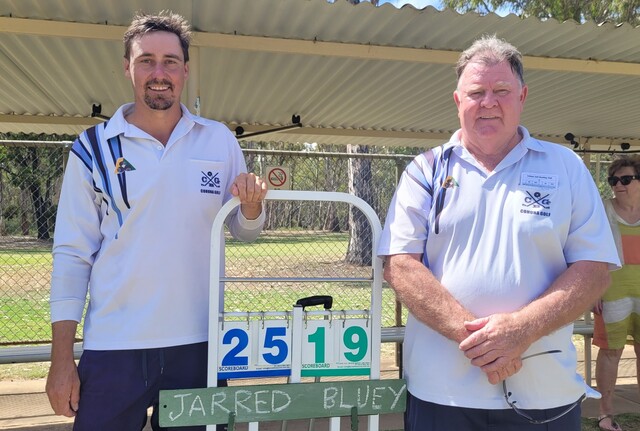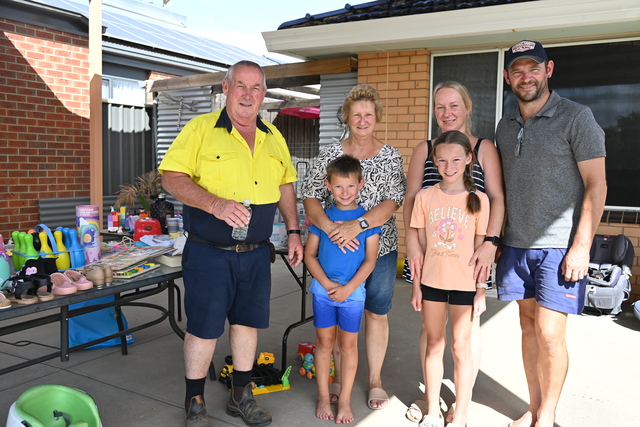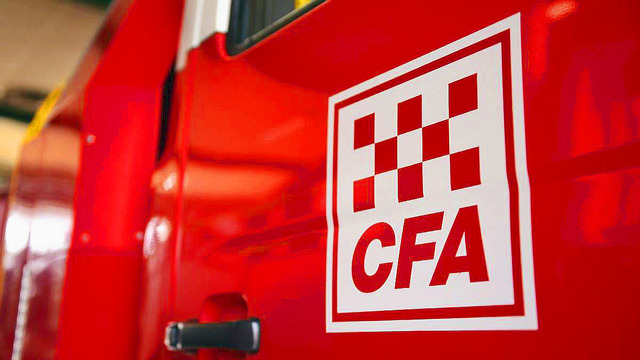REDGUM forest harvesting will face the chop following the Victorian Government’s decision to end native timber logging.
Koondrook-based sawmill Arbuthnot Sawmills said it was shocked and disappointed by the decision to end harvesting by 2030.
“Arbuthnot’s have harvested the redgum forests in Victoria for more than 130 years and it is proof of the sustainable harvesting that has been carried out over this time,” general manager Paul Madden told the Gannawarra Times.
“The timber in the forest has not diminished as the growth rates of the trees is more than the annual cut.”
The government made the historic announcement last Thursday, saying it “acted to ensure a long-term and sustainable future for Victoria’s forestry industry”.
As part of the plan, $120 million will be set aside to support the industry.
VicForests will extend existing timber supply agreements until 2024, after which native timber supply will be stepped down, before ending in 2030.
Meanwhile, logging in remaining old growth forests will cease immediately, protecting about 90,000 hectares, with all logging in native forests across the state to stop by 2030.
Mr Madden said the redgum industry only carried out a thinning of the trees so the forest did not become overstocked and susceptible to tree deaths from competition, or result in too much fuel for wildfires.
“This decision will have impacts throughout the rural communities in Victoria with tens of thousands of direct and indirect jobs which add $7 billion to Victoria’s economy,” Mr Madden said.
“Further financial impact will be the cost of imported timbers to replace the range of our durable and unique hardwoods that are grown and managed sustainably throughout Victoria.”
Mr Madden said if the decision goes ahead, it would end the sawmills 130-year sustainable harvesting of Gunbower Island, Gutterum and Benwell redgum forests and have an impact on the viability of the sawmill and jobs in Koondrook.
Arbuthnot Sawmills currently employs 25 people.
“For the local community it would deny access to the forests for firewood and if National Park rules are to apply, dogs would be disallowed, camping would be restricted and our freedoms would be reduced,” he said.
“Fortunately, the industry is united and is not going to accept this decision and will campaign very strongly to get the decision reversed.”
Mr Madden added this would require the support of communities, shires, bush user groups and rural organisations to say “enough is enough”.
“We cannot continue to lose jobs and prosperity from productive industries that underpin the economics and social viability of our towns.”
Premier Daniel Andrews said the industry was going through a transition.
“It means it’s not good enough for us to merely cross our fingers and hope for the best,” Mr Andrews said.
“We need a plan to support workers and support jobs.”

